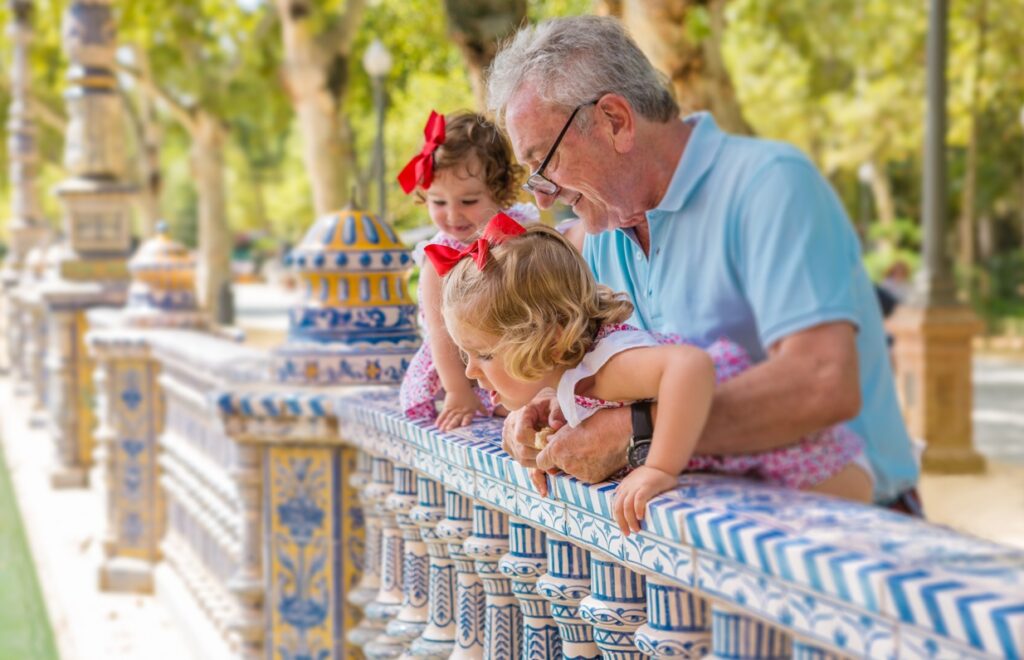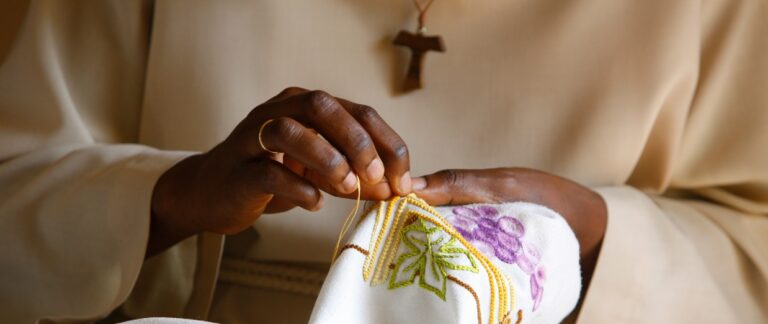
GUARDIANS OF HOPE: WORLD DAY FOR GRANDPARENTS AND THE ELDERLY

I am 68 years old. I can no longer pretend to be “late middle-aged.” I have gray hair and wake up in the morning with aches and pains. I can officially be described as elderly.
But I am certainly not alone. In developed nations my generational cohort, the “boomers,” are the fastest growing segment of the population. We are increasingly present, if not in the workforce, everywhere else: the hospitals and the doctors’ offices, for sure, but also in the banks, restaurants, vacation hotspots, parks and golf courses.
More importantly, we’re in the many charities that are increasingly relied on to support our creaking social safety networks — that is, the food banks, soup kitchens, thrift stores and support networks. While the elderly are relying more on such services, like everyone else, we’re also doing a huge share of the volunteer work that keeps them going.
We’re also in the churches. When I’m at Mass, it is impossible not to observe that gray and white are the dominant hair colours.
All this activity — this presence — belies the notion of the elderly as helpless and dependent on others, somehow pitiful in their neediness. Modern society is often embarrassed by old people and seems to want to hide them away in “senior living” residences. Even the way we mark our deaths has become truncated, dispensing with full funerals for shorter, more upbeat “celebrations of life,” shorn of references to a life beyond this material world.
The late Pope Francis attempted to remind us of the value of these last stages of life when he instituted, in 2021, the World Day of Grandparents and the Elderly. It is celebrated on the Sunday closest to the feast of Saints Anne and Joachim, the grandparents of Jesus. This year we’ll mark the occasion on July 27.
This year’s theme for the day is “Blessed are those who have not lost hope,” (cf. Sirach 14:2) in keeping with the Jubilee year’s emphasis on hope. Pope Leo XIV, in his statement for the day, reminds us that throughout history, the elderly, though lacking the physical strength and energy of those younger, retain important roles in their societies. He cites the biblical figures of Abraham, Moses, Sarah, Zechariah and Elizabeth, whom God called upon late in life to execute important tasks.
Most important for Pope Leo, however, is the role we all play as we age and lose our health and independence. We become repositories of hope — hope for a better life after death, hope in a God that does not fail us. He urges all Catholics to embrace the elderly in their midst and find ways to include their many gifts, in all their frailty, in the life of the Church and the world.
“If it is true that the weakness of the elderly needs the strength of the young,” Pope Leo writes, “it is equally true that the inexperience of the young needs the witness of the elderly in order to build the future with wisdom. How often our grandparents have been for us examples of faith and devotion, civic virtue and social commitment, memory and perseverance amid trials!”
I’m reminded of a song called Hello in There by the late folk singer John Prine, who urged us to look beyond the superficial weakness of the old to see the life within:
You know that old trees just grow stronger
And old rivers grow wilder every day
Old people just grow lonesome
Waiting for someone to say
“Hello in there, hello”
So if you’re walkin’ down the street sometime
And spot some hollow, ancient eyes
Please don’t just pass ’em by and stare
As if you didn’t care
Say, “Hello in there, hello”
You might be surprised by the response.
Joseph Sinasac is a retired Publishing Director of Novalis Publishing. He has been involved with religious communications for almost 45 years as an author, journalist, editor and TV and radio commentator on all things Catholic.


